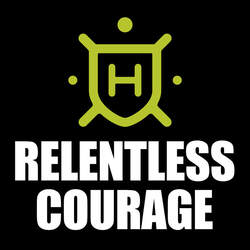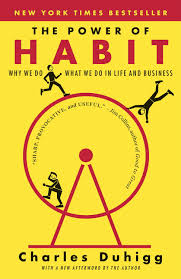|
"To understand the power of cravings in creating habits, consider how exercise habits emerge. In 2002 researchers at New Mexico State University wanted to understand why people habitually exercise. They studied 266 individuals, most of whom worked out at least three times a week. What they found was that many of them had started running or lifting weights almost on a whim, or because they suddenly had free time or wanted to deal with unexpected stresses in their lives. However, the reason they continued - why it became a habit - was because of a specific reward they started to crave.
In one group, 92 percent of people said they habitually exercises because it made them "feel good" - they grew to expect and crave the endorphins and other neurochemicals a workout provided. In another group, 67 percent of people said that working out gave them a sense of "accomplishment" - they had come to crave a regular sense of triumph from tracking their performances, and that self - reward was enough to make the physical activity into a habit. If you want to start running each morning, it's essential that you choose a simple cue (like always lacing up your sneakers before breakfast or leaving your running clothes next to your bed) and a clear reward (such as a midday treat, a sense of accomplishment from recording your miles, or the endorphin rush you get from a jog). But countless studies have shown that a cue and a reward, on their own, aren't enough for a new habit to last. Only when your brain starts expecting the reward - craving the endorphins or sense of accomplishment - will it become automatic to lace up your jogging shoes each morning. The cue, in addition to triggering a routine, must also trigger a craving for the reward to come." - A quote from The Power of Habit by Charles Duhigg
0 Comments
Leave a Reply. |
Archives
April 2024
|


 RSS Feed
RSS Feed